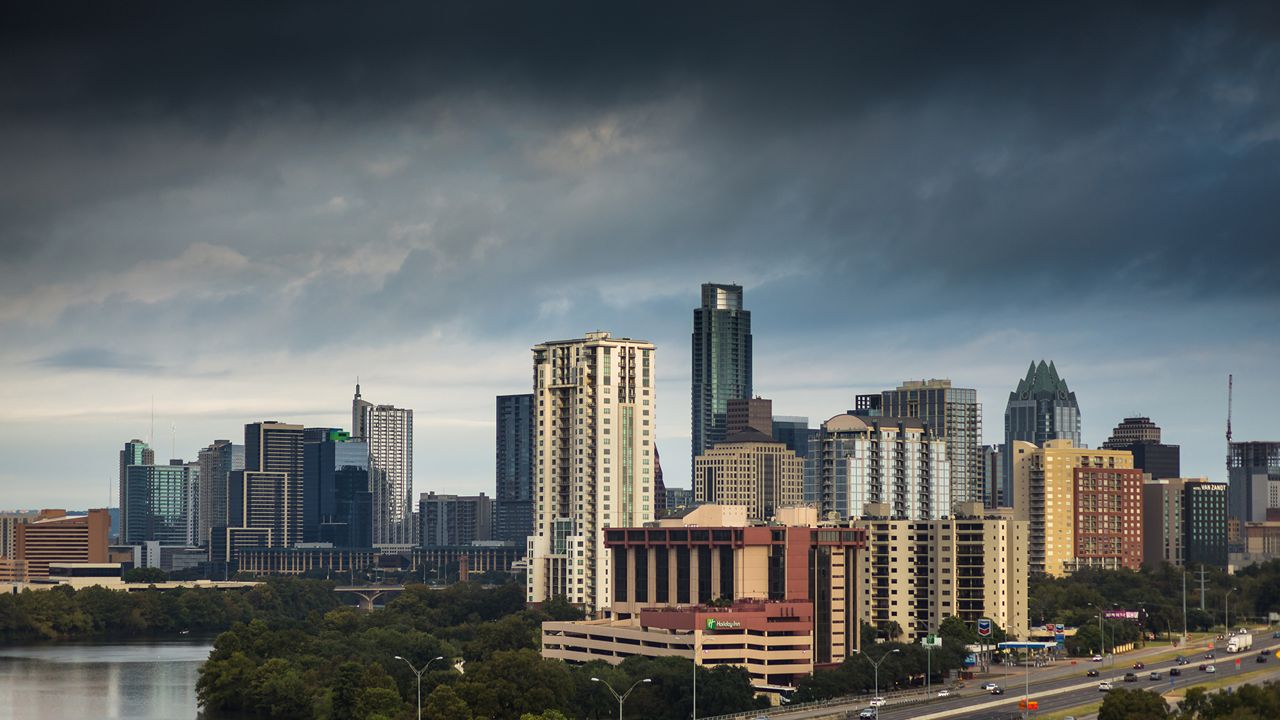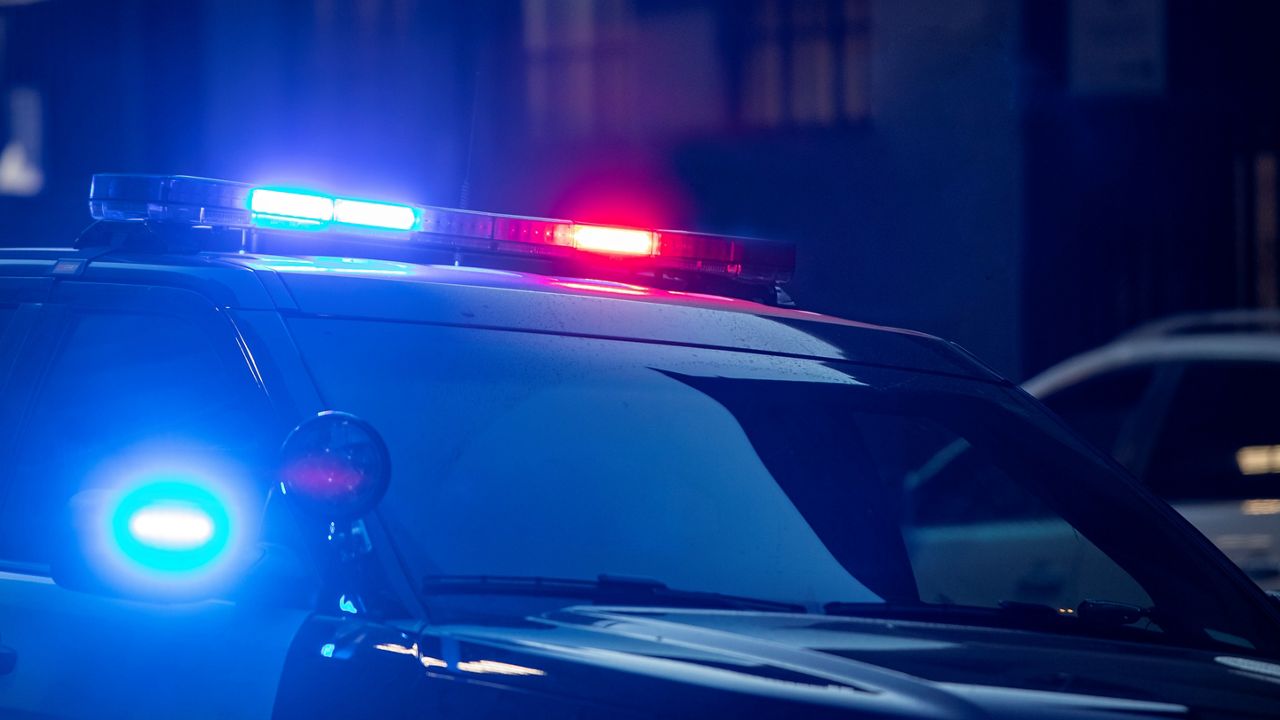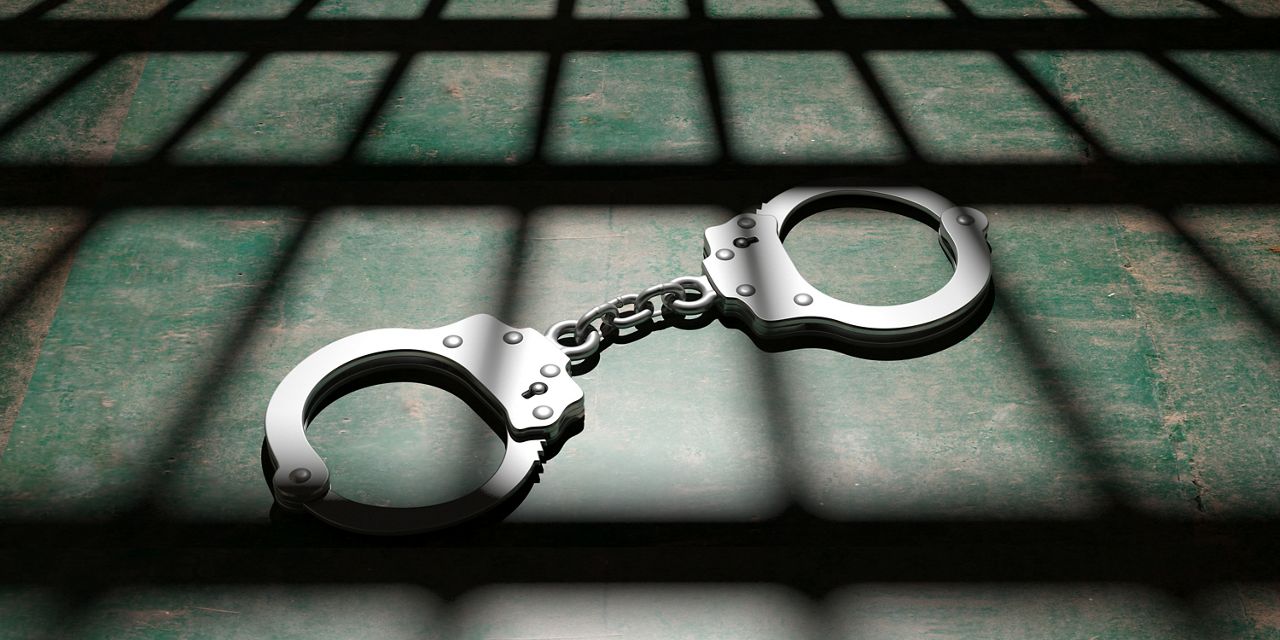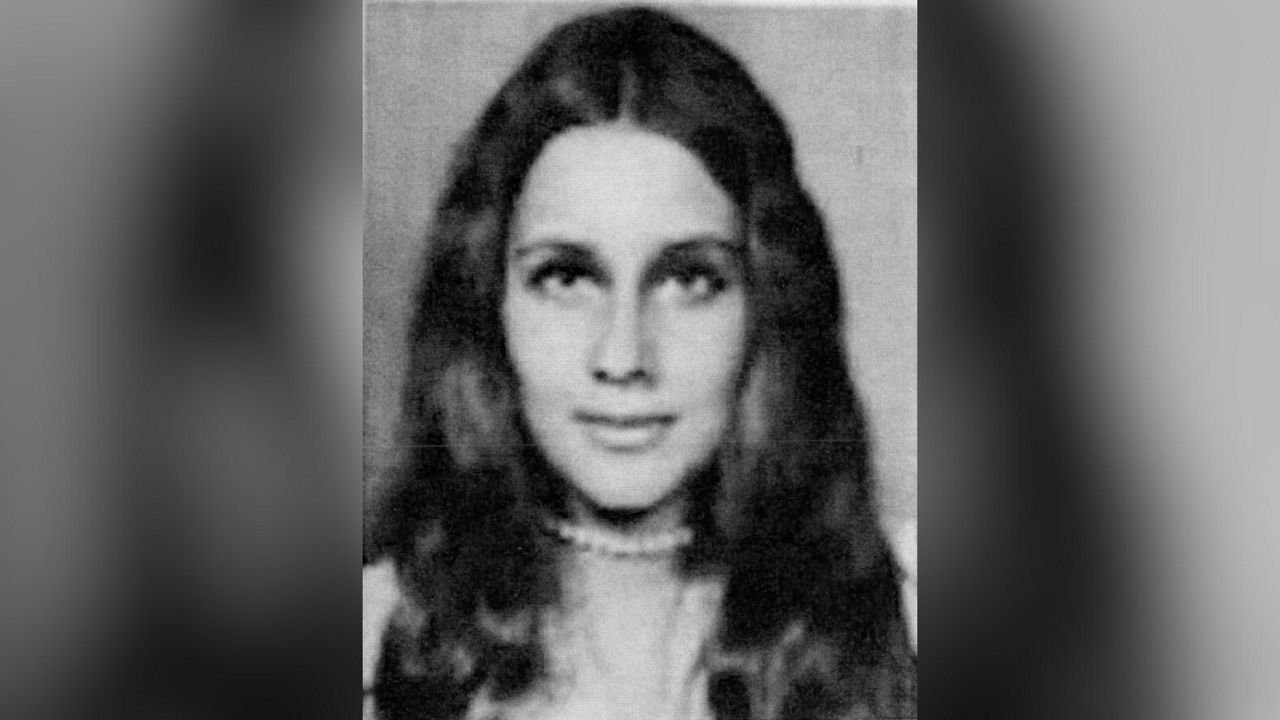AUSTIN, Texas — The City of Austin’s Safer 6th Street initiative is still in the works, with plans to establish greater security measures to lessen crime in the area. After the mass shooting on June 12, 2021, in which one man was killed and 13 injured, the city went into high gear to find relief to the constant violence. One solution up for debate is gun buyback programs, but the Austin Police Department’s Chief Joseph Chacon is not 100% on board as it has resulted in little to no change in the past, according to his claims.
APD implemented these programs back in 2010 and 2011, where citizens could turn in weapons with Visa gift cards as an incentive. No identification was required, so they could up the chances of a gun buyback. The Greater Austin Crime Commission aided in funding the program, awarding handgun or rifle turn-ins with $100 and $200 for assault rifles.
According to APD, in 2010, they issued out $30,000 in gift cards with 340 weapons collected. In 2011, $40,000 was awarded to participants, with 396 weapons turned in.
“Most of the firearms received were unwanted guns that were gifted or bequeathed by will. The main goals of the program were to keep unwanted firearms off the street and help families that do not know what to do with unwanted firearms in their home. There are also individuals in the parking lot offering more money to buy the guns than the program,” said Chacon.
APD pushed forward with a “no questions asked” gun surrender program in 2020, so people could submit their unwanted firearms and ammunition safely at the Robert T. Martinez Central East Substation during its quarterly events. That was soon canceled on Sep. 22, given that the pandemic had overtaken the world. However, those who planned to attend could call 3-1-1 to have officers perform at-home pickups. The first quarterly event brought in 65 firearms and more than 1,000 rounds of ammunition before it ceased.
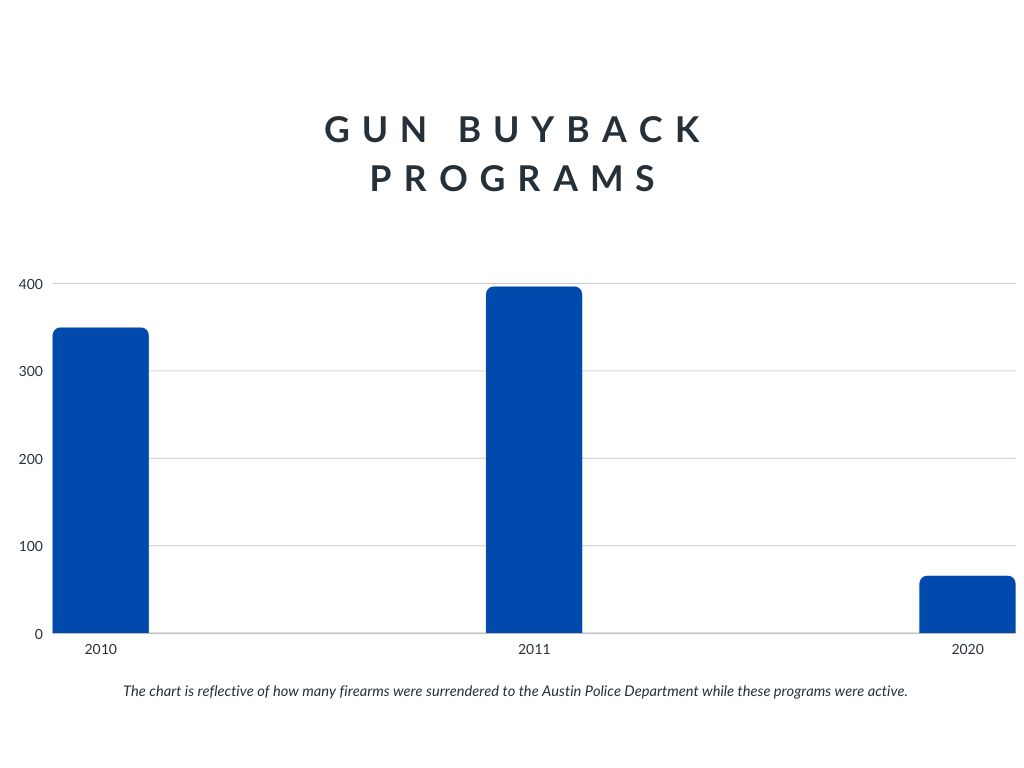
Chacon exclaimed, “If the goal of a buyback is aligned with the belief that any gun turned in is beneficial (examples: reduction in numbers, reduced access, community outreach and education about gun safety or gun violence), then gun buy backs can be viewed as effective. However, if the goal is to reduce gun violence and associated crime, gun buy backs are viewed as ineffective, as research suggests that firearms turned in by the public are the least likely to be associated with gun-related crimes and violence, and no empirical research has shown significant changes in gun-related crimes due to these programs.”
APD’s questioning of effectiveness is an effort to figure out what exactly is being achieved with these buyback programs.
Based on empirical data, these programs have not exhibited productive numbers, and therefore, APD felt it was not worth recommending for any future crime prevention efforts.
Read the full Safer 6th Street memo from Chacon here.






